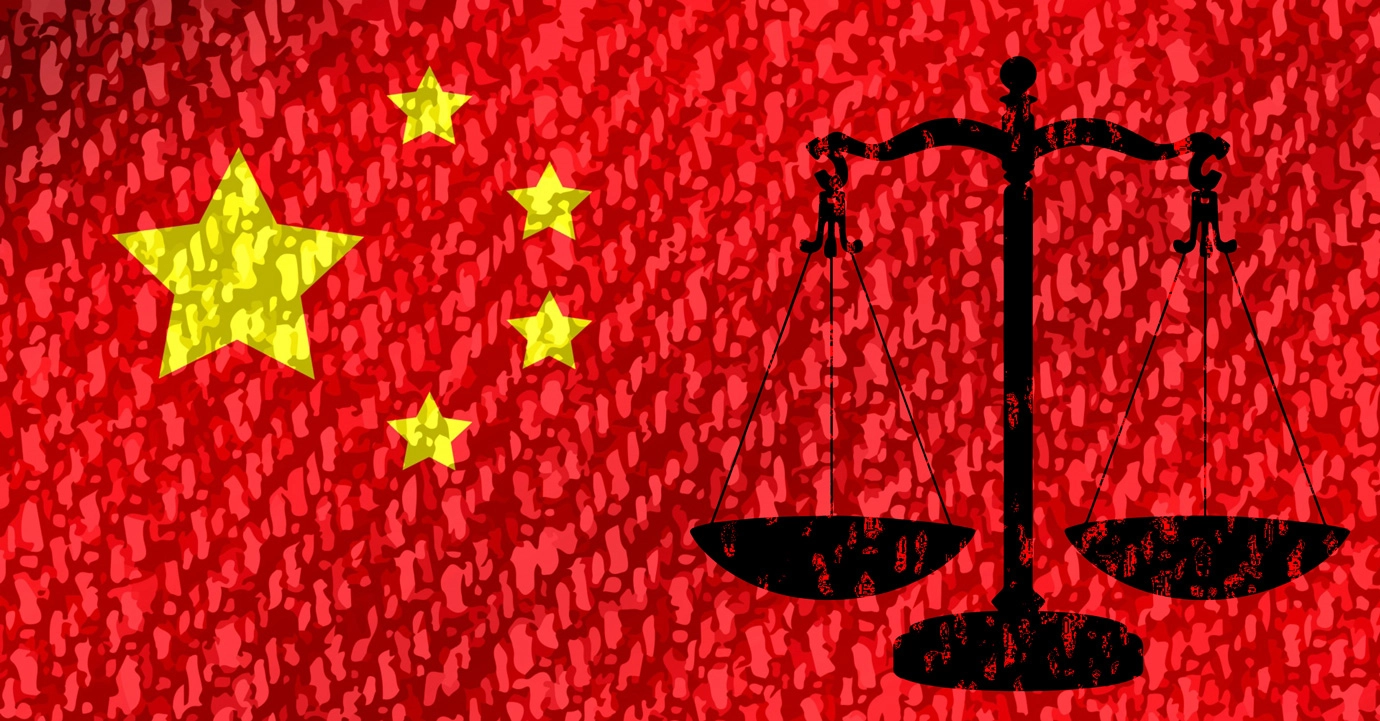Lawsuits Against China’s State-Owned Enterprises & Government Agencies:
Can Private Enterprises Win?†
Table of Contents
- Private Enterprise vs. State-Owned Enterprises
- Private Enterprise vs. Government Agency
- Will Positive Treatment of Private Enterprises Become a Norm?
Estimated Reading Time
- 5.6 min

Is there any chance for a private enterprise to win a lawsuit against a state-owned enterprise or a government agency in China? In an apparent attempt to boost confidence in the Chinese market, the Supreme People’s Court of China has signaled an affirmative answer to this question by releasing two court cases.
Clearly timed to be released to follow the Chinese leadership’s recent reaffirmation of the value of private enterprises (see China’s Latest Support for Private Enterprises: Will a New Wave of Entrepreneurship Emerge?), the two cases demonstrate how the deciding courts ruled against the concerned state-owned enterprises and government agency to protect the legal rights and interests of two private enterprises.
“Will this positive treatment of private enterprises become a norm?”
According to the Supreme People’s Court, these two cases help “promote the effective implementation of the principle of equal protection by the people’s courts at all levels” because they illustrate that state-owned enterprises and government agencies “breaching contracts or defaulting on accounts owed to private enterprises” must bear civil liability. Will this positive treatment of private enterprises become a norm?
Private Enterprise vs. State-Owned Enterprises
The first case concerns private enterprise Ningbo Giant Commercial Brand Management Co., Ltd. (“Giant Company”) and two state-owned enterprises, namely, Ningbo Dongqian Lake Cultural Tourism Development Group Co., Ltd. and Ningbo Dongqian Lake Cultural Tourism Scenic Spot Management Co., Ltd. (collectively referred to as the “Tourism SOEs”) in Ningbo, Zhejiang Province.
In 2018, Giant Company and Tourism SOEs signed a contract to jointly develop a “water sports tourism” project. According to the contract, Tourism SOEs were responsible for, inter alia, securing the rights to run businesses in the water areas covered by the project, while Giant Company was responsible for providing water sports tourism equipment and a professional management team. Should their cooperation end prematurely for reasons attributed to Tourism SOEs, Tourism SOEs, according to the contract, would be required to pay Giant Company compensation to cover, among other items, the value of the water sports tourism equipment acquired by Giant Company.
Giant Company purchased the required equipment and trained a professional management team in accordance with the contract. Unfortunately, Tourism SOEs could not secure the rights to run businesses in the water areas covered by the project. In 2021, Giant Company sued Tourism SOEs for breach of contract. The trial court ruled against Tourism SOEs.
Tourism SOEs appealed, attributing the premature ending of the cooperation to Giant Company’s failure to obtain a license from the local department for the administration of tourism. The appellate court dismissed the appeal, emphasizing that the contract did not stipulate that Giant Company had to apply for such a license, nor was there evidence showing Tourism SOEs made any efforts to urge Giant Company to obtain the license.
The Supreme People’s Court commented on this case in this way:
[Tourism SOEs] did not respect the contract. They attempted to reduce their own contractual obligations […] and increase [Giant Company’s] contractual obligations by trying to transfer business risks to the private enterprise. Of course, the judiciary must not support and protect such behavior.
Private Enterprise vs. Government Agency
The second case concerns a private consulting company in Shenyang, Liaoning Province (“Consulting Company”). In June 2019, Consulting Company and a local agriculture and rural bureau (“Agricultural Bureau”) reached consensus on their cooperation. As a result, the Agricultural Bureau entrusted Consulting Company to conduct a drone investigation in a certain rural area. Consulting Company began the investigation in July 2019 and submitted to the Agricultural Bureau investigation reports on a regular basis. In the end, Consulting Company submitted a total of 20 investigation reports, all of which were received by the Agricultural Bureau without any objections.
Only in December 2019 did the two parties formally sign a contract regarding the above cooperation. Afterwards, Consulting Company sent an invoice to the Agricultural Bureau, asking for a payment of RMB 1,193,248 as service fees for the drone investigation. The Agricultural Bureau refused to pay because “the investigation service project did not go through the government procurement process” and the contract was, therefore, invalid. Consulting Company sued and the trial court ordered the Agricultural Bureau to make the payment.
The Agricultural Bureau appealed. The appellate court upheld the trial court’s decision primarily on these grounds: (1) the contract was voluntarily formed in accordance with law by two “equal civil-law subjects” and it was, therefore, valid; and (2) the Agricultural Bureau had no basis to refuse payment because had the bureau felt dissatisfied with the work completed by Consulting Company, it should have raised objections immediately upon receipt of any report, instead of doing so after all the reports had been submitted.
“the government agency […] cannot refuse to pay the service fees on the grounds that the fees have not been confirmed by the [relevant] government department […].”
The Supreme People’s Court commended the reasoning of this case:
In light of the substantial evidence proving the private enterprise’s proper performance of its contractual obligations, the government agency […] cannot refuse to pay the service fees on the grounds that the fees have not been confirmed by the [relevant] government department and that the relevant payment has not been applied for and approved by the financial department […].
Will Positive Treatment of Private Enterprises Become a Norm?
The positive treatment of private enterprises involved in the above two cases is a good sign. But will such treatment become a norm? After all, what drives private enterprises’ confidence in the Chinese market is the probability, rather than possibility, of winning lawsuits against state-owned enterprises and government agencies. These two cases were issued as “Typical Cases”, meaning that, according to Chinese law, even though courts handling similar cases can consider them for reference, these cases cannot be cited in any judgments. Given such limitation, the positive impact, if any, of these two typical cases cannot be traced. To give teeth to them, the Supreme People’s Court can simply upgrade these cases to Guiding Cases, which can be cited in judgments.1 Will the highest court take this step to show its determination to support private enterprises?
† The citation of this article is: Dr. Mei Gechlik, Lawsuits Against China’s State-Owned Enterprises & Government Agencies: Can Private Enterprises Win?, SINOTALKS.COM®, In Brief No. 35, Aug. 30, 2023, https://sinotalks.com/inbrief/202308-english-private-enterprise-court-china.
The original, English version of this article was edited by Nathan Harpainter. The information and views set out in this article are the responsibility of the author and do not necessarily reflect the work or views of SINOTALKS®.
1 For more discussion of the differences between Typical Cases and Guiding Cases, see Dr. Mei Gechlik, Anti-Monopoly Law and Intellectual Property: More Guidance for Chinese Courts, SINOTALKS.COM®, In Brief No. 4, Jan. 26, 2022, https://sinotalks.com/inbrief/week03-2022-english.
Related Articles
Contact Us
Get Involved
Sponsor/Donate | 赞助/捐赠
Become SINOTALKS® Partners | 成为丝络谈™合作伙伴
Services



